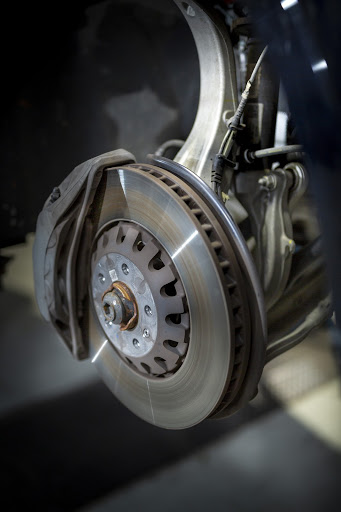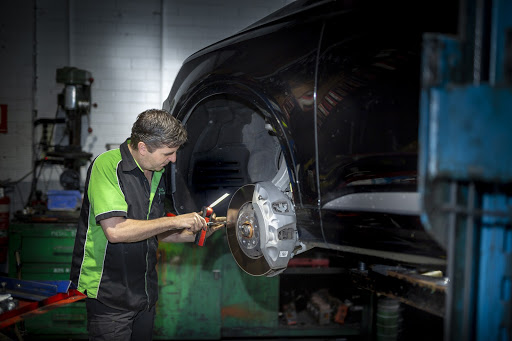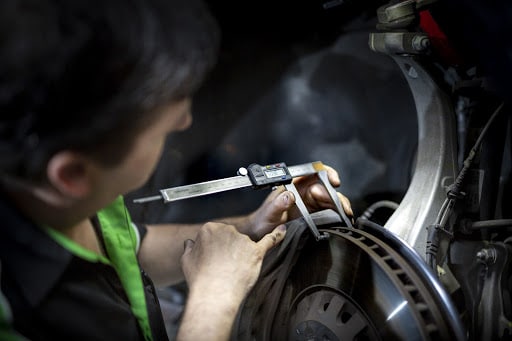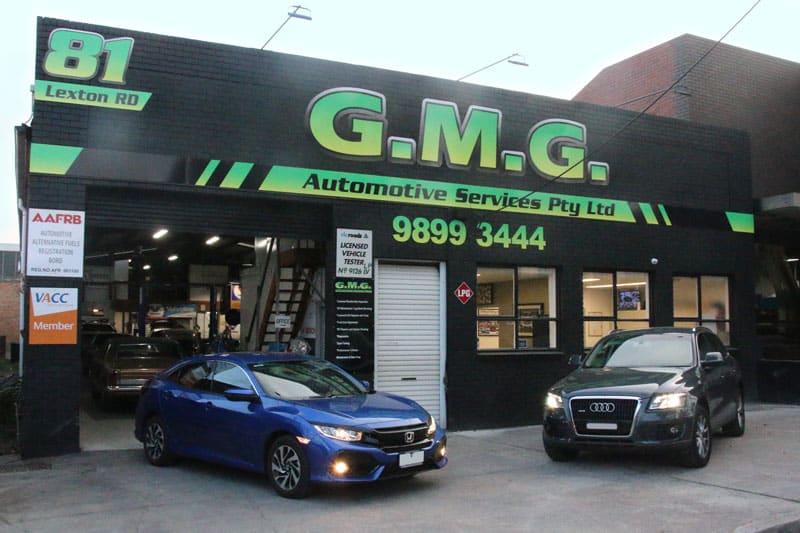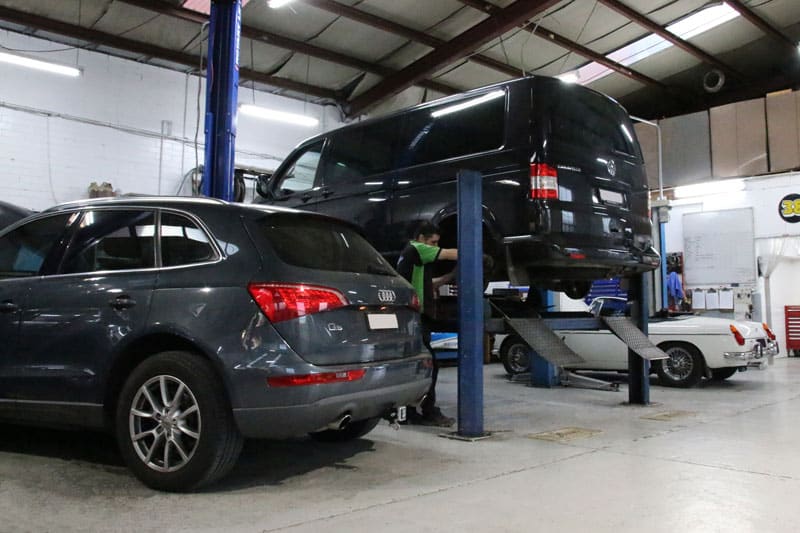
Brake Repairs in Box Hill North

Brake Rotors are most commonly known as Discs. An essential braking component along with brake pads in modern vehicles.
Brake Disk Assessments & Replacements
We always measure and check disc thickness when performing a brake pad replacement. This needs to be done as there is a legal minimum thickness your rotor must be to avoid further brake issues, such as your brake pads falling out of the calliper cage. If it is found that your discs are undersized they would be required to be replaced with new units and quoted accordingly. If new rotors aren’t required and the discs are found to be machinable, we can also machine and grind discs in house at our Box Hill workshop. The machining of the rotor is essential for the bedding in of the new brake pads to eliminate any chance of brake noise. If there is any ‘runout’ or ‘warpage’ in the disc’s this can cause brake pulsation and noise when the new pads are fitted. By machining the discs we can generally rectify any ‘run out’ or warpage’ found. When you push the brake pedal, this engages the brake calliper piston to push against the brake pad into the disc, to slow the vehicle down. We lubricate Brake Calipers and Slides to avoid components from seizing and unevenly wearing your new brake pad material.High Quality Brake Pad Replacements
We only use top quality brands such as Bendix, Bremtec or Genuine brake pads to achieve the best results for your vehicle. Another component we test is the Brake fluid. We are checking for moisture content in the brake fluid, if a high moisture content is detected with our electronic tester, we would recommend you perform a complete brake fluid flush. For a quote on your vehicle’s brake repair, please phone the car service workshop to schedule a time for an inspection. Unfortunately, we can not issue an accurate quote without inspecting your vehicle first. Get in touch with us today!